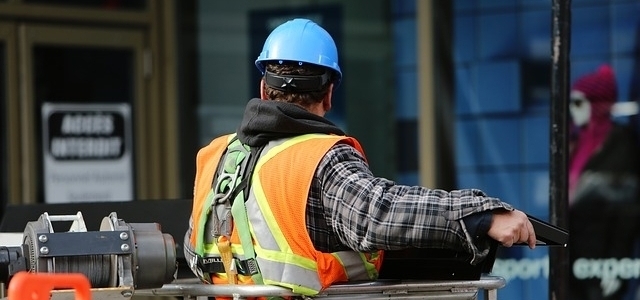While California’s AB 5 is now in effect, Uber and Postmates are challenging its constitutionality. Separately, Uber is changing its app to build its case that drivers are independent contractors, and Wonolo is looking to exit the state.
Constitutionality. Human cloud firms Uber Technologies Inc. and Postmates on Dec. 30 filed a complaint in California federal district court, alleging California’s Assembly Bill 5 is unconstitutional.
The new rule formally puts in place the “ABC” test for determining whether a worker is properly classified as an independent contractor. The employment test codified in the bill was signed into law in September and took effect Jan. 1.
The complaint argues AB 5 violates several clauses in the US and California constitutions, including equal protection because of how it classifies gig workers for ridesharing and on-demand delivery companies compared to the exemptions it grants to workers who do “substantively identical work” in more than 20 other industries, TechCrunch reported.
Uber. Separately, Uber instituted an effort called “Project Luigi” to change its app for California drivers intended to build the company’s case that drivers are independent contractors, The Washington Post reported. The new features are expected by the middle of this month.
In addition, human cloud firms are mounting an effort backed by Uber and others to place a measure on California’s ballot to ensure that drivers remain independent contractors.
Wonolo. In the wake of AB 5, online staffing platform Wonolo is focusing efforts on other states in which demand for 1099 blue collar work is increasing, Wonolo Spokeswoman Rachel Kim said. However, the company is monitoring ongoing discussions within California and is watching the initiative to put a proposition on California’s ballot, hoping to be able to return to the state in the future.
It’s also working with policymakers for a new worker classification that is neither 1099 nor W-2.
“We are encouraged by some of the work underway from policymakers on this topic,” Kim said of the new worker classification. She noted a push by Senator Mark Warner, D-Virginia, for portable benefits legislation. “We are also watching New York closely too, Senator Savino and Assemblyman Crespo have introduced legislation (A8343) pushing for the third classification of workers, called ‘dependent workers.’”
Wonolo currently has both W-2 and 1099 jobs in California, but it is already seeing fewer 1099 jobs posted to its platform and expects more decline to happen. However, it’s seeing increased demand elsewhere, including in Texas, where demand is forecast to grow.
Kim said the company agrees with some of the initial intent of California’s AB 5, particularly that workers should be valued and protected, but that the state got it wrong and the law will instead limit the options for workers. The company noted 87% of workers on its platform say the freedom to decide when and where they work is important to them when selecting a jobs, and 73% said gig work provides them with professional/skill growth.
In addition, the company is working to provide portable benefits to workers, and it offers all workers on its platform occupational accident insurance. It also prevents businesses from posting jobs for less than the minimum wage that would be required if it were employment.
AB 5 website. California has created a resource website to assist businesses and workers with the law, California Labor and Workforce Development Agency Secretary Julie Su announced last month.
“This website is meant to be a resource for California’s workers and employers to ensure a smooth implementation of the law,” Su said.









